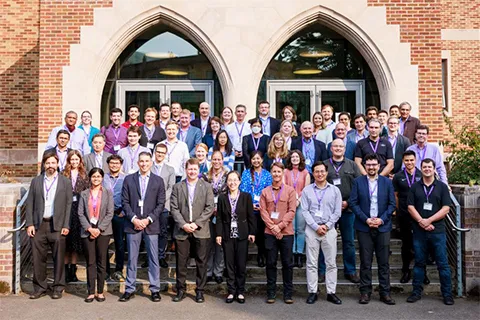As society’s challenges grow more complex, engineers are using data science and machine learning — a process of building models to manage and describe big data sets and automate their analysis — as an increasingly important research tool.
Yet to effectively apply machine learning to real-world problems, researchers need to understand how to work with nonlinear systems, in complex environments and with ever-changing factors. These are areas in which mechanical engineers have decades of experience. Because of their diverse background and deep knowledge of systems, sensors, controls and fluids, mechanical engineers are playing a key role in shaping the future of data science. From medical device development to alternative energy research to improving and advancing manufacturing processes, researchers across UW Mechanical Engineering are expanding future applications of machine learning.
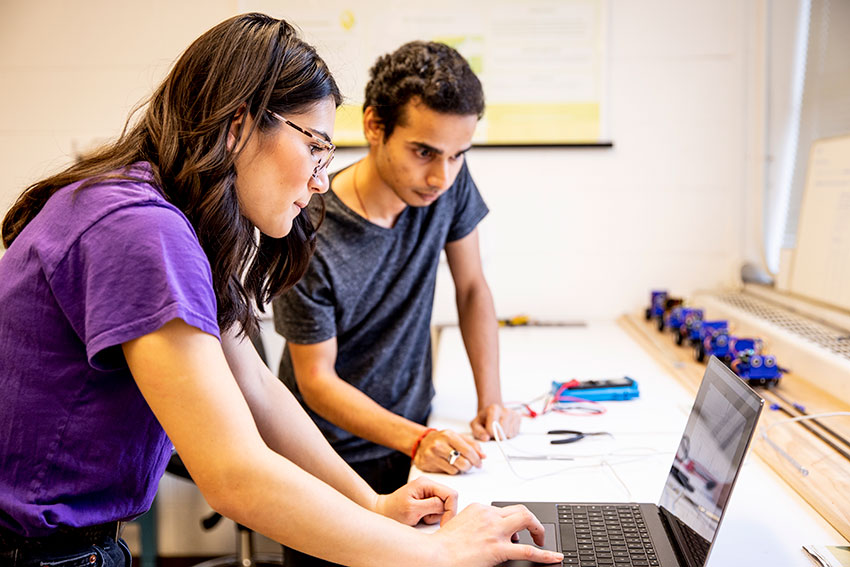
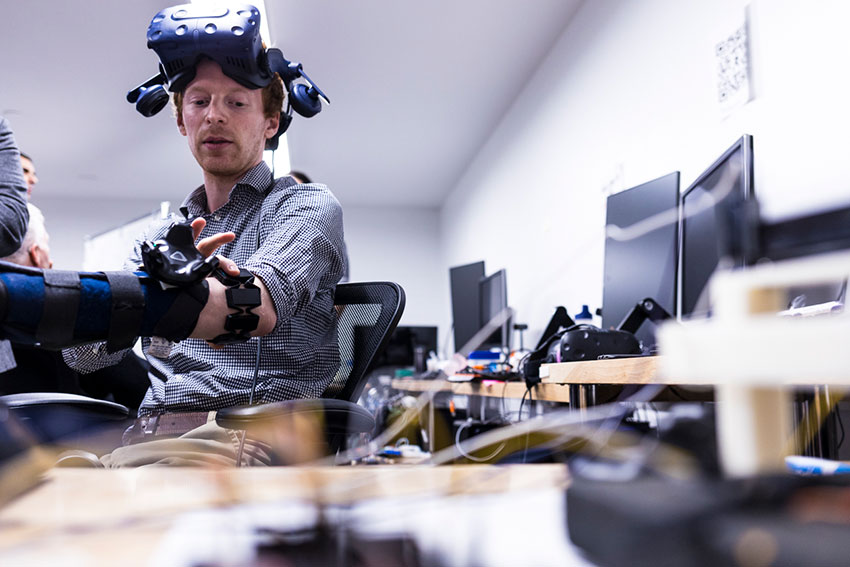
Key research areas
- Autonomous systems
- Diagnostics and prognostics
- Disease detection
- Fault detection in manufacturing
- Human and machine interaction
- Order reduction of dynamical systems
- Supply chain production and process improvement
Research highlights

ME researchers are developing and translating machine learning algorithms based on a moth’s biological neural system to improve aircraft design and manufacturing.

Boeing Advanced Research Collaboration is developing deep learning-based methods for inspections of composite materials used in aircraft assembly to improve accuracy and automate processes.
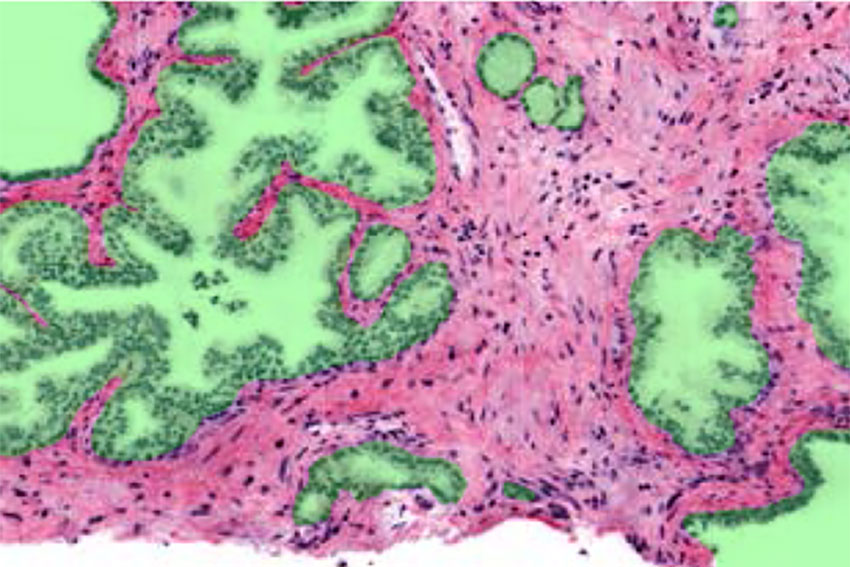
The Molecular Biophotonics Laboratory is developing machine learning algorithms to process 3D pathology datasets and classify tissues in terms of disease aggressiveness and the likelihood to respond to treatment.
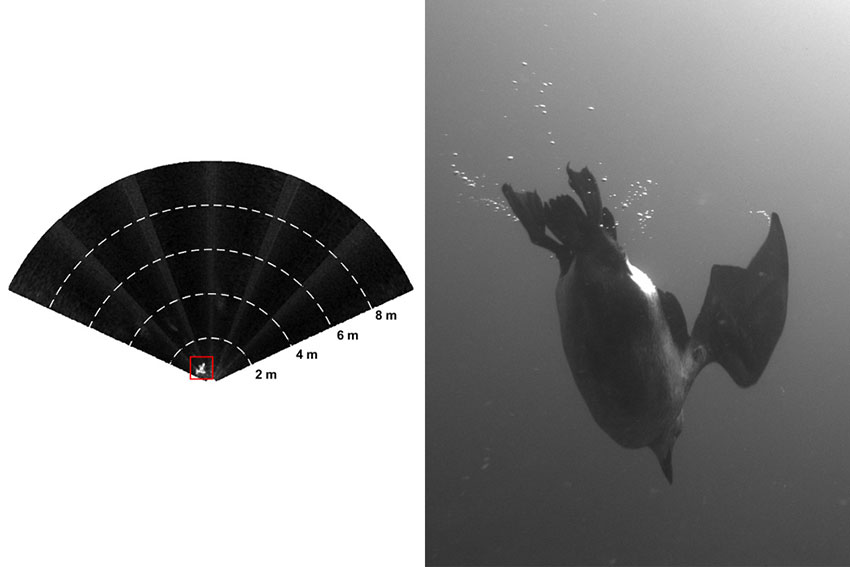
The Pacific Marine Energy Center is using machine learning to identify marine life in sonar imagery collected by Adaptable Monitoring Packages to understand how sea creatures interact with marine energy converters.
